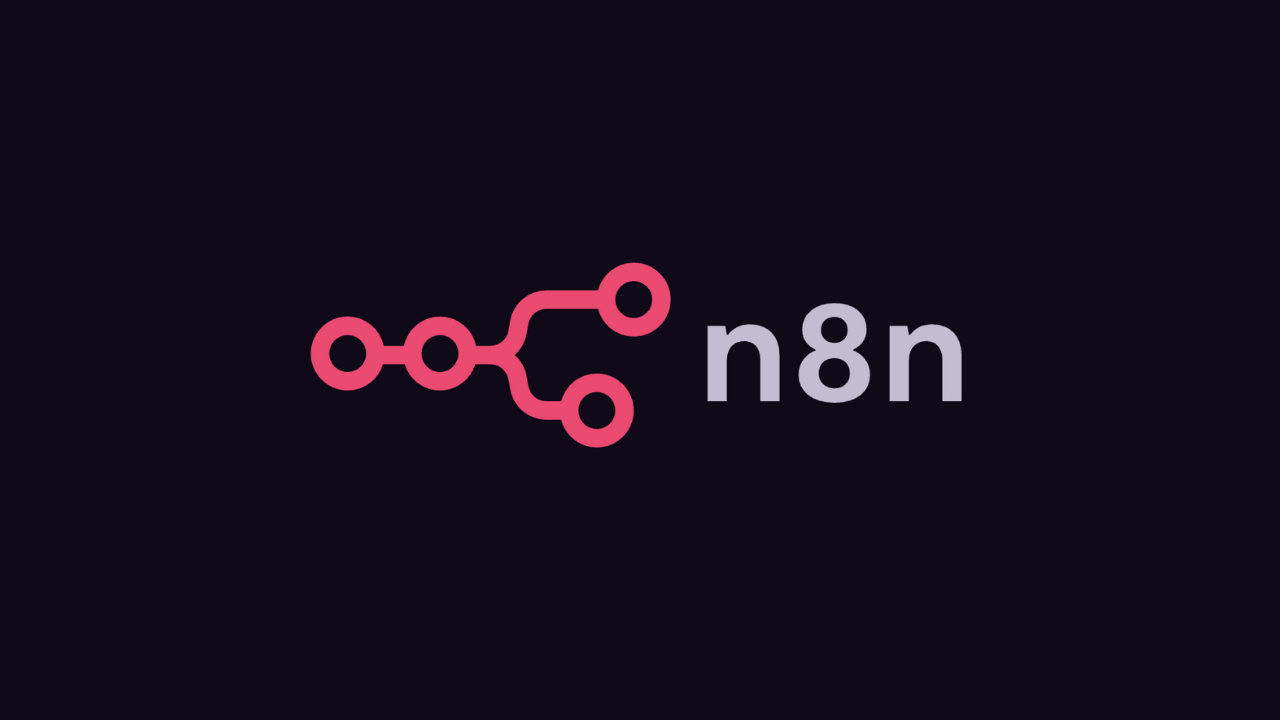The no-code automation pioneer n8n just closed a $180M Series C round, led by Accel with participation from NVIDIA’s venture arm, valuing the company at a striking $2.5 billion.
But beyond the headline, this is a fascinating signal of where enterprise automation — and AI itself — is headed next.
💡 From Workflow Automation to Agentic AI
n8n began as an open, extensible platform for workflow automation — a sort of connective tissue for APIs, SaaS tools, and data pipelines.
Fast-forward to 2025, and over 80% of its customer workflows now include AI agents that reason, decide, and act.
In other words: n8n has evolved from simple “if-this-then-that” logic into agentic orchestration — where deterministic automation and adaptive AI collaborate within the same flow.
This isn’t just marketing spin. The company reports 10x revenue growth year-over-year, driven by real-world deployments from global enterprises like Vodafone, which reportedly achieved substantial cost reductions using n8n’s AI-enabled workflows.
Read: https://lnkd.in/gRG6rgJC
📈 Why Investors Are Paying Attention
In a climate where many AI startups are struggling to prove tangible ROI, n8n represents the pragmatic middle ground — automation that’s AI-augmented but outcome-driven.
Meanwhile, CFO sentiment is shifting: only 26.7% of companies plan to increase generative AI budgets next year, down from 53.3% last year.
The message is clear — executives are no longer investing in “AI for AI’s sake.” They want systems that act, not just generate.
That’s exactly where agentic platforms like n8n come in — combining the reliability of automation with the adaptability of AI.
🔍 What This Means for the Tech Landscape
1. The orchestration layer becomes the new moat.
The future advantage won’t just lie in who owns the best model, but in who best coordinates how humans, data, and agents work together.
2. AI is shifting from creation to collaboration.
The next wave isn’t about “what AI can make,” but “how AI can work with us” — autonomously handling the tedious, while surfacing insights humans refine.
3. Governance and observability are the next frontiers.
As agentic systems proliferate, expect new demands for transparency, control, and accountability baked into automation pipelines.
4. A validation moment for open platforms.
n8n’s success reaffirms that openness and extensibility — rather than closed ecosystems — are key to scaling automation responsibly and creatively.
We’re watching the rise of agentic infrastructure — where workflows become intelligent, adaptive, and self-optimizing.
If you’re exploring how this shift could reshape your sector — from fintech to supply chain to SaaS — it’s a conversation worth having with us at OP.
n8n Soars to a $2.5B Valuation — and Signals the Rise of Agentic Automation
Written By :
Category :
Blog
Posted On :
October 11, 2025
Share This :

